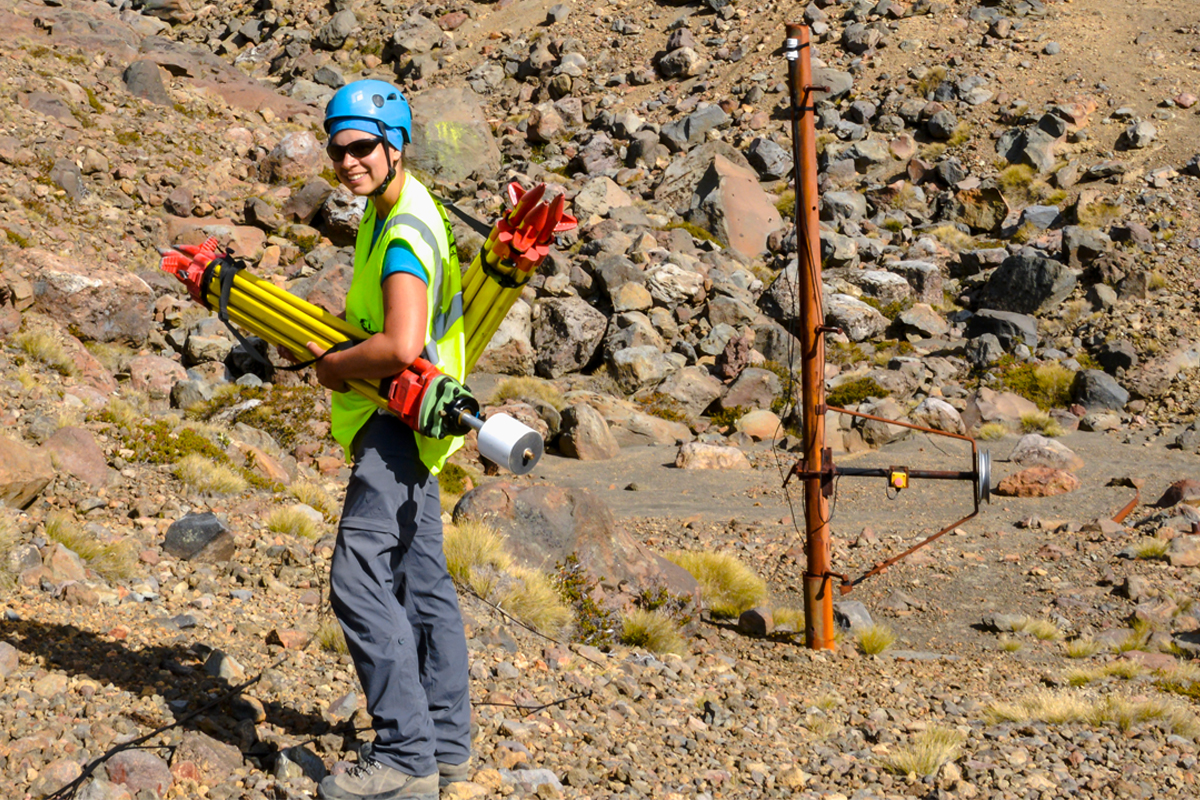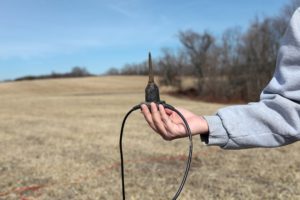All Categories
Featured
Table of Contents
Geophysical Survey - An Overview in Peppermint Grove Australia 2022
This work is significantly contracted out, so consultancies supply another source of work. Consultancy firms vary in size, from very small business to large multinationals. Some consultancies are rather specialised in using particular geophysical strategies or working in particular places, while others use a more diverse series of services to their consumers.
The extraction of gas from garbage dump sites is another area of employment and this might grow in the future. Expedition companies might carry out work for construction firms, water business, mining companies and ecological agencies, so geophysicists might be employed in any of these settings. Other companies include: geological surveysgovernment bodies and agenciesuniversities and research institutes.


Vacancies may be listed in the oil and gas sector press. Recruitment is affected by oil cost changes and the level of competitors for positions differs depending upon this. Professions Days, which cover the complete range of geoscience professions and are normally attended by a variety of crucial market employers, are run by The Geological Society.
Your Degree In Geophysics in Merriwa WA 2020
A few of the big oil and gas business use a full two-year structured training programme throughout the breadth of geophysics, including the chance to experience work in various groups prior to specialising in one location. Your training may include work on: existing wellsmagnetic and gravitational prospective field information analysisresearchrock analysis. However, it's more typical for your initial training to be offered on the job.

There may be a probationary period during which you work alongside a skilled coworker. Competency-based appraisals occur frequently in the majority of firms. In smaller firms, and for academic posts, there is not likely to be any official training - you'll be anticipated to begin work straightaway and choose up skills as you go along.
If you work for a smaller business, you may find that you require to take duty for setting up and moneying your own advancement and training. If you have a geology degree, membership of The Geological Society can be helpful for networking and for keeping up to date with the market.
How To Become A Geophysicist in Rockingham Australia 2022
You may also find it beneficial to join the PESGB (The Petroleum Expedition Society of Great Britain, which has a geophysics special interest group. After a probationary period, and as soon as you've gained some experience, you might advance to senior geophysicist, then group leader and then into a senior function in management.
The ease of motion between functions depends on the company structure. Research study at Masters or Ph, D level in a subject associated to geophysics or geosciences may aid with your career advancement and development. The employment market within the oil and gas market is extremely depending on price and this may impact your opportunities for profession progression.
For knowledgeable geophysicists, freelance consultancy uses a good route for profession advancement. As a geophysicist, you're most likely to have several tasks throughout your working life.
Geophysical Surveys: Definition & Methods in Mt Richon Australia 2021
From geophysics, it's possible to focus on seismology (finishing additional training to become a seismic interpreter) or to move into associated areas such as engineering geology or risk forecast.
Deciding what to study in college is a difficult option. Even if you know that your field of interest lies in science, what program of study is right for you?
The first action to accomplishing your objective of ending up being a geophysicist is earning a degree. Even for entry-level positions in the field of geoscience, you'll require a bachelor's degree (a geophysicist college degree) from an accredited college or university. Some research positions require prospects to hold master's degrees or perhaps Ph.
Geophysical Survey Requirements In California Waters in Hamilton Hill Western Australia 2020
Doctoral degrees are specifically essential if you prepare to teach at a four-year institution. Geophysicists use physics principles and strategies to study the gravitational, magnetic, and electric fields of the earth. This enhances scientists' understanding of both the world's interior core and its surface. Geophysicists must be able to: evaluate rocks, photos, and other pieces of data conduct research study both in the field and in laboratories develop maps and charts of their findings compose reports To achieve all this, students need a specialized education for geophysicist careers.
As stated above, you'll require a bachelor's degree in geoscience or a related discipline, such as a physical science or a life sciences, to land an entry-level task. Trainees can also prepare by majoring in subjects like: Biology Chemistry Computer science Engineering Mathematics Physics The above geophysicist majors use a more generalized method to a single scientific discipline, however a lot of programs need trainees to take one or more geology course.
Latest Posts
Geophysical Survey In Archaeology in Neerabup Australia 2022
Geophysicists in Glen Forrest WA 2020
Geophysical Survey in Lockridge Oz 2023